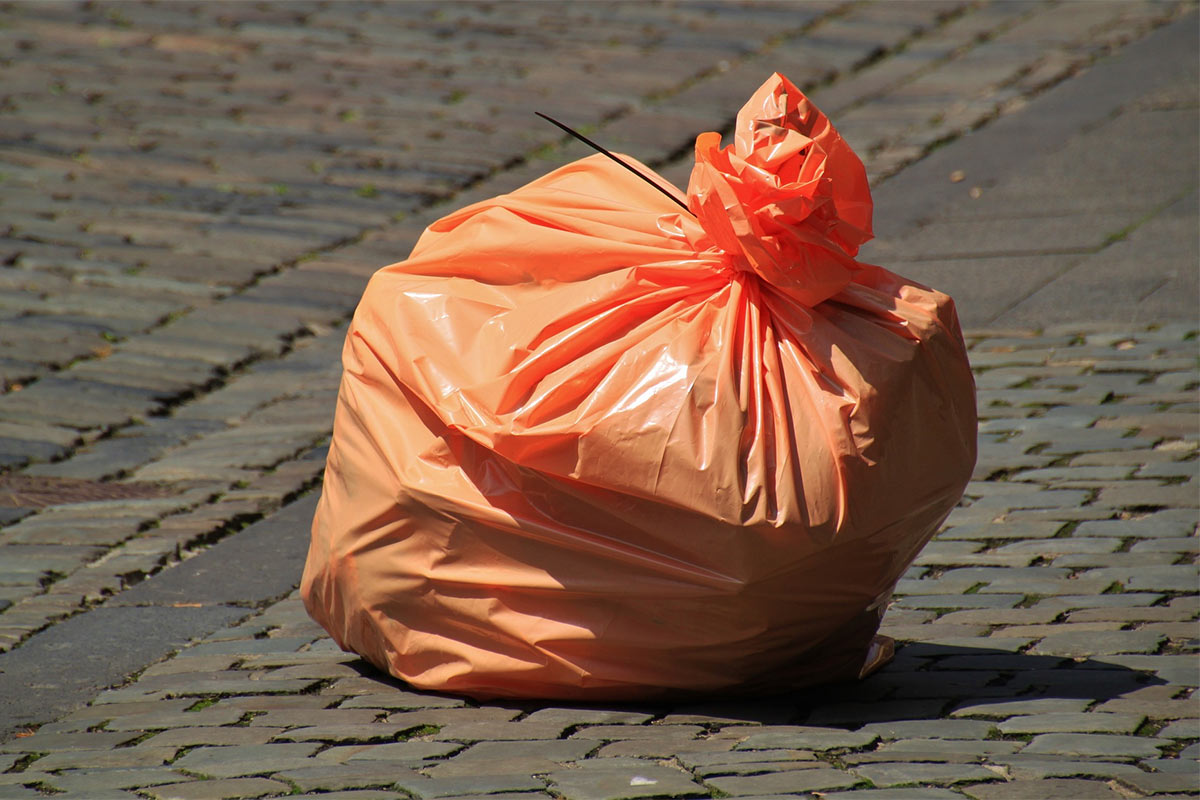Technology has revolutionised the way we live, work and do business. But there’s one industry that has remained stubbornly stuck in the past – waste management. The sector has been a little more reluctant to embrace modern technology, sticking to traditional methods even for things like communication and booking.
There are however a number of technological advancements about to change the way the waste management industry works, from how the waste itself is disposed of, to the way companies book and order services.
Automatic waste collection
According to a report from Greener Ideal, automated waste collection is growing in popularity as a way of cutting pollution and traffic. The idea is this – an underground network of tubes is used to collect waste from homes, businesses and other locations. People separate their rubbish into designated bins, and when the bin gets full it ‘flushes’ the waste down a vacuum tube and into a central collection centre. No more need to put the bins out!
It’s not a new idea – the system has been trialled in some European cities and famously in Disneyland – but concerns remain about blockages and dealing with larger items.
Anaerobic digestion
There are two huge environmental concerns at the forefront of the public conversation – the problem of sustainable fuel supplies and the issue of rising waste. Anaerobic digestion could be the answer to both! The technology could be one of the biggest developments for the waste management sector in many years, says Waste Management World.
The process uses microorganisms to break down the waste in an oxygen-less environment. The gas that is produced can be used as a sustainable energy source, and the remaining solid material can be used as fertiliser. Experts say that the process is superior to producing compost as a fertiliser.
As humans will always create organic waste, the technology is classed as a sustainable energy source. It doesn’t come cheap though, with anaerobic digestion needing large tanks and process vessels in order to work on a commercial scale.
Enzyme and oils
Similar to anaerobic digestion, enzymes can be used to create biodiesel from used cooking oil. Biotechnology company Novozymes has already launched an enzymatic solution available for commercial use. The process can take low-grade oils and convert them into biodiesel, reducing pollution and transport costs. What’s more, Eversa doesn’t use sodium methoxide, a highly dangerous chemical used in other biodiesel plants.
Waste management apps
There are a number of smartphone apps that allow businesses and consumers to deal with their waste responsibly and safely. Here are a couple of our favourites:
Skip hire with SiteBuddy
SiteBuddy is an app developed by Reconomy, the UK’s leading outsourced waste management and recycling services provider. You can hire, off-hire, exchange, or reorder a range of skips, from wait and load skip hire to hazardous waste skips. The app lets you react quickly to onsite issues and last minute changes of plans, as you don’t have to wait on the phone. It also integrates with Reconomy’s online portal.
You can download SiteBuddy from Google Play and the Apple App Store.
Too Good To Go
Too Good To Go was developed to tackle unnecessary food waste. Millions of tons of perfectly edible food is thrown away every day by shops and restaurants all over the world. This app lets you buy that food for cheap!
The makers of app claim to have saved 2.5 million meals’ worth of surplus food from going to waste. The app is connected with over 5,000 stores and 3 million users in eight European countries – with plans to expand in the near future.
Too Good To Go is available on Android and iOS.
You are reading How technology is improving waste management


